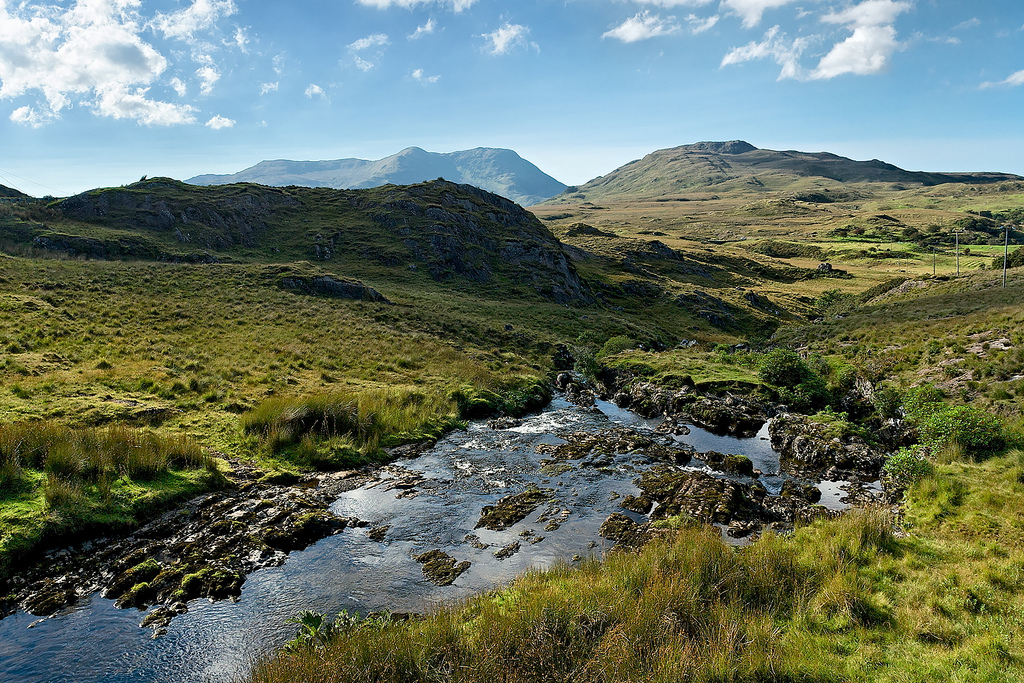
![]()
Despite marginal improvement in Ireland’s environmental efforts, the country’s climate assessment is still considered “poor” according to the Environmental Protection Agency.
Ireland’s environmental policies and efforts to reduce emissions has been critiqued in the 8th State of the Environment Report 2024.
The report breaks down scores for each area, with air quality scoring the highest, with a “moderate” status in no change from the 2020 assessment.
The report states that Ireland is compliant with current air quality standards for many air pollutants.
However, it adds that Ireland is not meeting the guidelines set by the World Health Organisation for multiple pollutants, including particle pollution, and Ireland is non-complaint with the EU reduction target for ammonia.
The “overall nature assessment” has been calculated as “very poor”, which also marks no change from 2020.
The EPA has stated that “deteriorating trends” are continuing, specifically for protected habitats and bird populations.
The water quality assessment also remains “poor”, with no change from 2020 results. Trends remain mixed, with no net improvement in river or lake water quality in recent years.
The results show a sharp decline in the number of monitored estuaries in satisfactory ecological condition and continued direct discharges of raw or inadequately treated sewage to water from 19 agglomerations.
The overall current assessment for the circular economy and waste was recorded as “poor”, however the report stated that progress is being made in a number of areas to improve performance.
The EPA has stated that while “full implementation” of actions set out in the Climate Action Plan are needed – that there is also “a need for additional actions” if Ireland is to meet its 2030 and 2050 climate targets.
The report sets out five priorities for climate to move the country “in the right direction”.
These include:
Commenting on the report, director general for the EPA, Laura Burke said that “the time for half measures is over”.
“We can of course take pride in all we have achieved, both at the policy and systemic level, and all the positive changes people have made and continue to make in their lives. But we must also recognise that what we are doing is not enough,” Burke said.
“For too long we have merely aimed to ‘get by’, aspiring to only minimum standards, and in many instances, not even reaching those. Our policy responses to date have been insufficient to halt the decline in our environment,” Burke added.